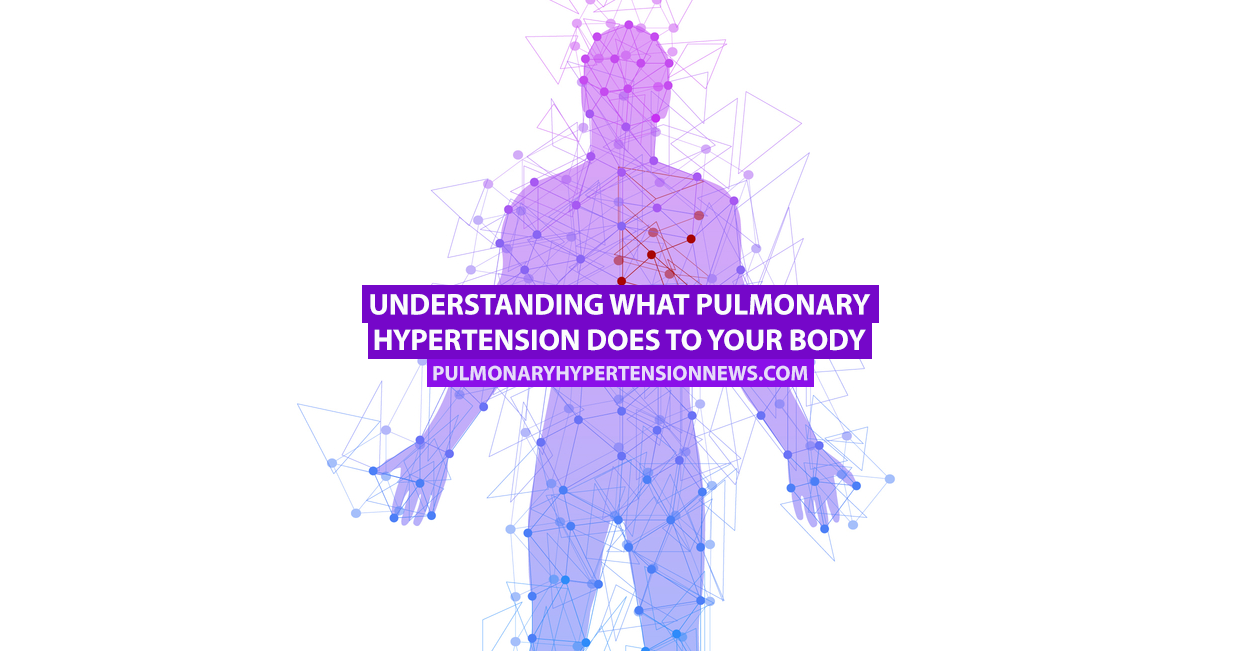Understanding What Pulmonary Hypertension Does to Your Body

There are various types of pulmonary hypertension (PH) but the root of the disease is the same.
According to Living With PH and the NHS, the human body has several pulmonary arteries (blood vessels that take blood to your lungs). Pulmonary hypertension is what happens when these arteries became more narrow, leading to high blood pressure which can damage your lungs and the right side of your heart.
MORE: Researchers uncover a potential non-invasive test for certain types of pulmonary hypertension
When those pulmonary arteries narrow, they also harden, which reduces blood flow. With less blood flowing to a specific part of the heart, the right ventricle (RV) has to work much harder to make sure you can breathe. Due to this extra work, the RV slowly weakens which can eventually lead to heart failure.
MORE: Many PAH patients have abnormalities in heart’s left ventricle, study finds
If you have PH, you can feel tired and dizzy and have difficulty breathing. You may also experience palpitations, chest pain and swelling in several parts of your body. All these symptoms are directly linked to a lack of normal blood flow to your heart and lungs.
However, and this is important, with certain types of PH, like pulmonary arterial hypertension (PAH), you may not feel any of these symptoms until your condition is in a much more advanced stage.
MORE: The difficulties of diagnosing pulmonary arterial hypertension.
Pulmonary Hypertension News is strictly a news and information website about the disease. It does not provide medical advice, diagnosis or treatment. This content is not intended to be a substitute for professional medical advice, diagnosis, or treatment. Always seek the advice of your physician or another qualified health provider with any questions you may have regarding a medical condition. Never disregard professional medical advice or delay in seeking it because of something you have read on this website.







